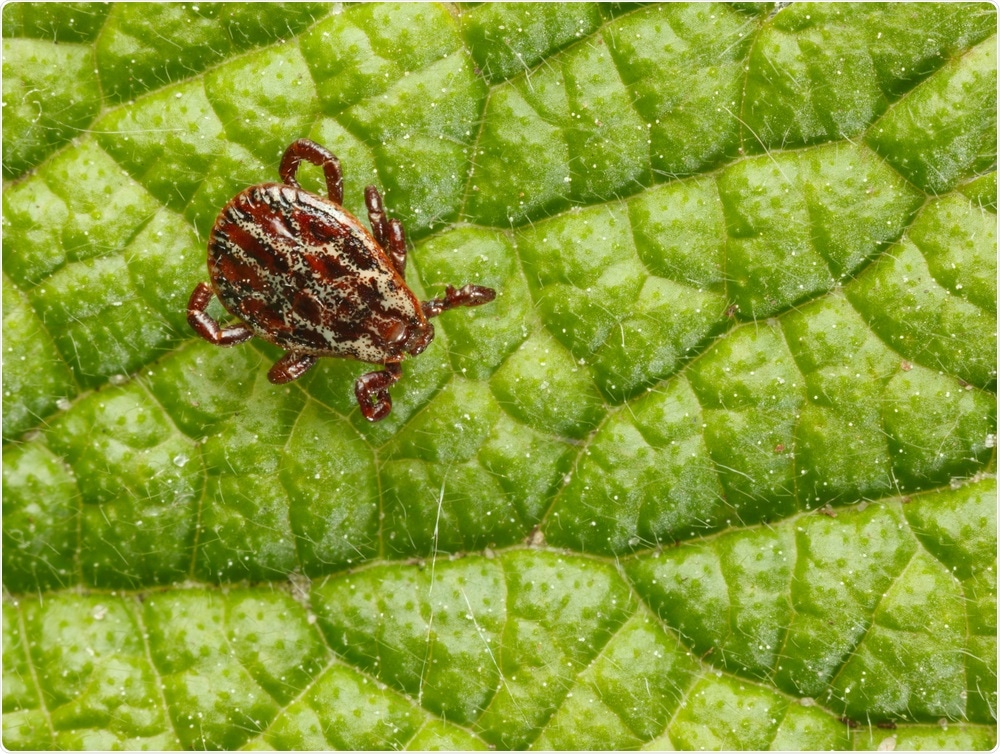
Risk of red meat allergy from tick bites higher than previously thought
New research has shown that the risk of developing a red meat allergy after being bitten by a tick may be much higher than scientists had thought.
 Anest | Shutterstock
Anest | ShutterstockThe previous understanding was that a tick needs to have recently fed on the blood of a non-human mammal before it bites and causes the allergy in a human.
Researchers at the University of North Carolina have now found that some ticks can cause the allergy to develop, irrespective of what they have recently fed on.
The commonly held theory was that a tick would gorge on the blood of a mammal such as a mouse, dog or deer.
It would then “pick up” a sugar molecule called alpha-gal, which is present in virtually all mammals apart from humans and other primates. If that tick then bit a human, the alpha-gel in the tick’s saliva would cause the person to become hypersensitive to the sugar.
Since alpha-gel is present in red meats, the person is then at risk of an allergic reaction on exposure to beef, pork and maybe even dairy.
Now, in findings presented at the annual conference of the American Academy of Allergy, Asthma and Immunology this weekend, Professor Scott Commins suggests that it is the tick itself and not its last blood-meal that causes alpha-gel syndrome (AGS).
For the study, the team took blood from human samples and added donated plasma from people with and without AGS. They then introduced saliva taken from four types of tick, some of which had fed on blood containing alpha-gel and some that had not.
Currently, the Lone Star tick is the species most commonly associated with red meat allergy in the US. Indeed, the researchers found that saliva from this tick could trigger an immune reaction 40 times more powerful than usual in sensitized blood.
Saliva from the deer tick, a primary vector for Lyme disease in the US, also triggered a reaction. The most concerning finding, however, was that saliva from both species triggered reactions in sensitized blood even if the ticks had not fed first.
Red meat allergy is just one of many health problems causes by tickborne diseases in the US – problems that are only expected to worsen as the planet’s climate warms. Furthermore, there is currently no treatment or cure for the allergy.
Commins stresses the importance of avoiding ticks and taking precautions to prevent tick bites.

No comments:
Post a Comment